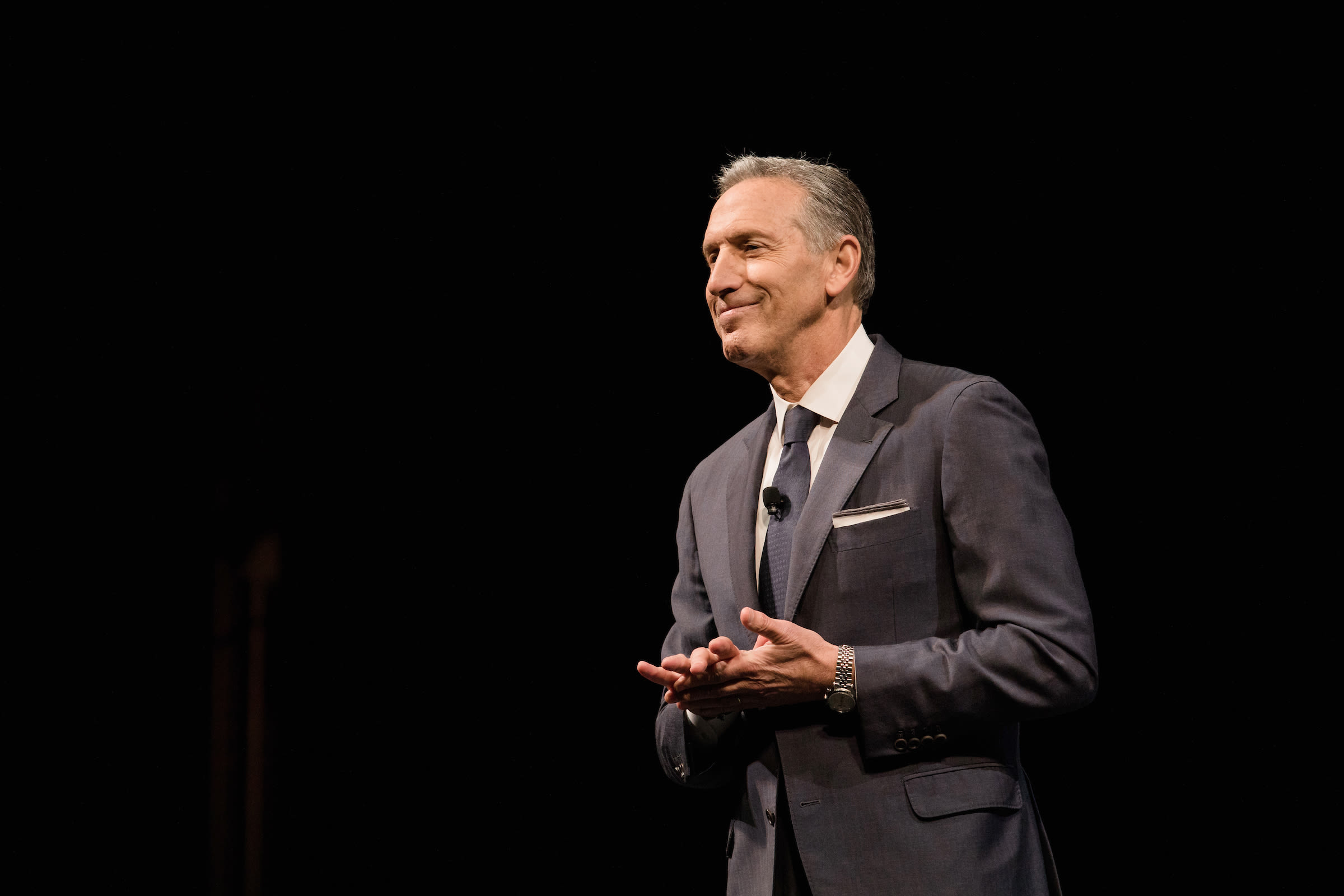Linkage Fees, Analogies, and Police Accountability

1. The nerdy debate over linkage fees that I've been writing about for several months now (somehow I convinced the magazine to dedicate several pages to this picayune policy spat late last year after city council member Mike O'Brien introduced the idea) actually made it onto the front-page (above the fold) of the Seattle Times yesterday.
The Times noted one of the interesting recent developments in the debate over the fee, which essentially taxes developers per square foot to help generate money for affordable housing units: Owen Pickford, the founder of the Urbanist, an increasingly influential policy wonk blog that's sympatico with city greens who champion density, came out in support of the linkage fee, which many of his urban environmentalist cohorts oppose because they think it will stall development.
Pickford's treatise was a political boon to city council members who cherish the urbanist label, but, in the runup to this year's elections, simultaneously want to get behind something as resonant as sticking it to developers.
Pickford's argument is that the linkage fee would be baked into land value—putting the new cost at the top of the property food chain (land owners) not at the bottom end (renters.) The Times summarized Pickford's 6,000-word piece neatly: "Were Seattle to charge linkage fees, developers would pass the additional costs along not to renters but to property owners, according to Pickford."
But there appears to be a flaw in Pickford's piece. A study he cited showing a one-to-one relationship between impact fees (comparable to linkage fees) and land values, showed something else too, that Pickford initially left out: A dramatic increase in housing prices.
The summary of the very report Pickford cited about the effect on land value goes on to note a greater effect on housing prices:
The results show that an additional $1.00 of fees increases the price of both new and existing housing by about $1.60 and reduces the price of land by about $1.00.
I asked Pickford about this, and he correctly pointed out the study he cited purposely used an example where property values increased as a way to debunk earlier reports that drew a connection between the two by showing that lower property taxes—not impact fees—were the culprit.
The problem is: The report doesn't offer any quantitative evidence to support the idea that lower property taxes increased housing prices. It does, however, offer quantitative data that dramatizes the opposite point of Pickford's piece: Housing prices went up in concert with fees.
Indeed, a peer review of the study states: "Affordability concerns are raised by higher housing prices caused by impact fees (even if called for by increased infrastructure and/or decreased taxes) and land price decreases, even in the authors’ model, may limit the model’s 'wins...'
Pickford has added a footnote to his piece about this issue. He maintains that the issue is lower property taxes, not impact fees.
2. During Monday night's city council candidate forum, someone tweeted one of those SAT-style word games at us:
Sawant : Small biz = Kubly : cars
Translation: Sawant is to small biz—supposedly hurting it with things like the $15 minimum wage—as Seattle Department of Transportation director Scott Kubly is to cars. You know, he's waging a war against them with bike lanes.

I'm not sure I agree with the analysis on those, but it sure is a fun game to play about local politics.
I did a callout for some yesterday, and here are some that came in:
Linkage fee : housing = biofuel tax : alternative fuel vehicles
Sawant : truth = size 42 pants : size 32 waist
Seattle City Council : pandering = Mozart : musicMike O'Brien : Upzones = Mitt Romney : Massachusetts healthcare law
Pressed on the Sawant dis, my right-wing source noted this recent quote from Sawant in Crosscut about mayor Ed Murray's housing affordability task force:
“We should not be waiting on an appointed body, which is half full of developers who are organically against what we’re trying to do. We need to move forward.”
Here's the list of the 28 people on the committee that Murray's charged with figuring out and recommending an affordable housing plan (watch for linkage fees!).
Sawant would be hard pressed to find 14 for-profit developers on this list which includes: tenants rights and lefty city council candidate Jon Grant, Puget Sound Sage organizer Ubax Gardheere, low-income housing advocate Marty Kooistra, Estela Ortega from el Centro de la Raza, and Alan Durning from Sightline—among other brains on this subject.
3. The Seattle Times has a good story today on the standoff between Mayor Murray and the Community Police Commission—a group established in the Department of Justice consent decree with the SPD.
One issue in the talks is whether the CPC, not only the mayor and council, should participate in the hiring of the two civilian officials who oversee the department’s internal investigations, the director and auditor of the Office of Professional Accountability (OPA). But a sticking point is the mayor’s opposition to a council role in their firing.
...
Another sticking point...has been whether the OPA should have the power to subpoena material or testimony from people outside the department while investigating allegations of misconduct.




